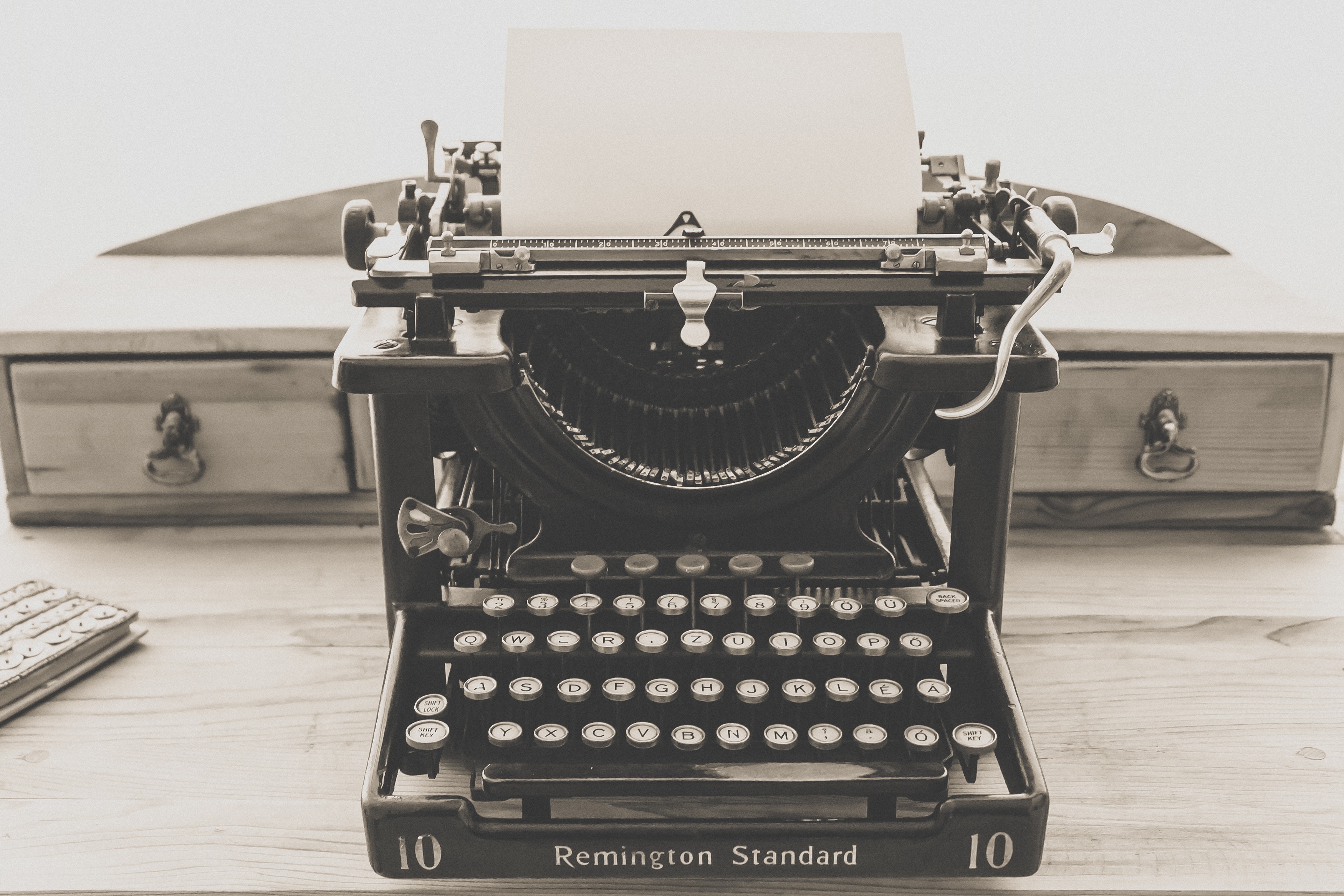How to Write an Official Letter?
Writing an official letter is just like writing any other letter. But in a sense, you need to be formal and proper about it. There is no room for subjectivity and feelings. It is important that your intentions are clear as you draft your official letter. Here are a few tips to consider when writing an official letter. You may also see business reference letters.
How Do You Write an Official Letter?
Write the sender’s address and telephone number on the top left-hand side of the page.
Whether you are representing a company or not, it is important to have your contact details present on so that the recipient will know how to reach you or write back to you should he or she wish to leave a reply. You may also see complaint letters.
Place the recipient’s name one line beneath the date.
Press the “Enter” or “return” button twice. That should serve as the proper location as to where the receiver’s name should be. Before the name of the recipient should be his or her designated title to show courtesy and respect. Below the recipient follows the position he or she is holding, then the company he or she is working for followed by the complete address. You may also see business proposal letters.

Give the person you’re addressing a salutation.
“Dear Sir/Miss” would normally work out fine. But, if you know what his designated title should be, then I would suggest you use his appropriate title (e.g. Engr., Rev.) Place a colon after the salutation and add a line between the salutation and the body of the letter. You may also see offer letters.
Write the body of the letter.
Since this is an official letter, make sure to keep the content short, simple and straight to the point. Although it is best to try and express it in just three paragraphs, you can make it four, should the need arises.
In the first paragraph, write a friendly opening and then state the reason or goal of the letter. Cut straight to the chase.
In the second paragraph, use examples to stress or underline your point, if possible. Concrete, real examples are always better than hypothetical examples. You may also see email cover letters.
In the final paragraph, briefly summarize your purpose of writing and suggest how you might want to proceed further.
Sign off your letter with the appropriate salutation.
The ending of your official letter should be polite and respectful. “Sincerely yours” is often the most common closing salutation.You may also see thank you letters.
Proofread your letter.
Double check the spelling of names, addresses etc. Make sure your writing is clear and concise. Fix any grammatical errors in the letter. You may also see termination letters.

Just keep in mind that formal letters are only written for business purposes (e.g. resignation, application, apology) and other official business at hand. So, make sure that the matter is extremely important that it should be written via a letter. Other than that, the matter can be sorted out through discourse. You may also see resignation letters.


